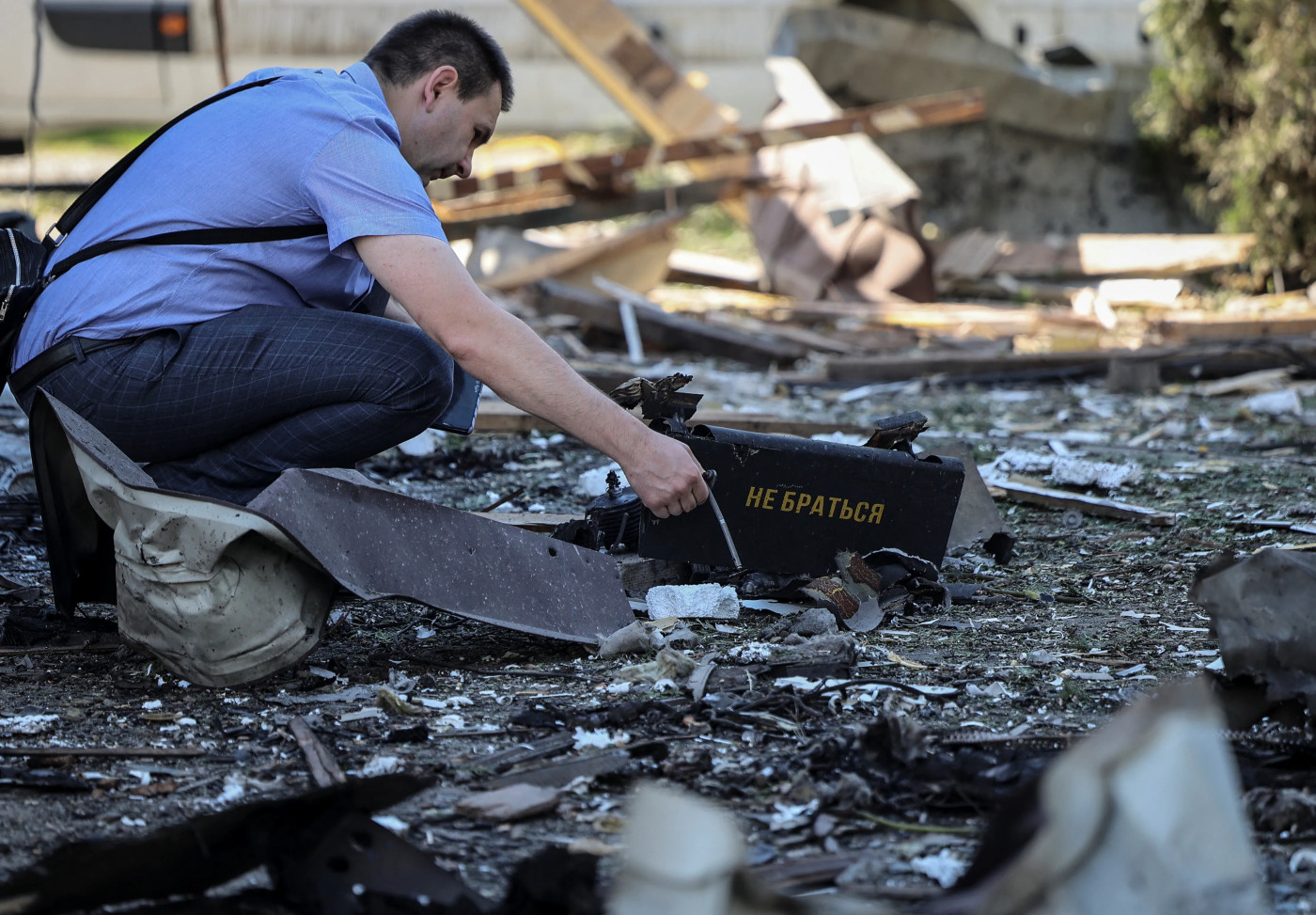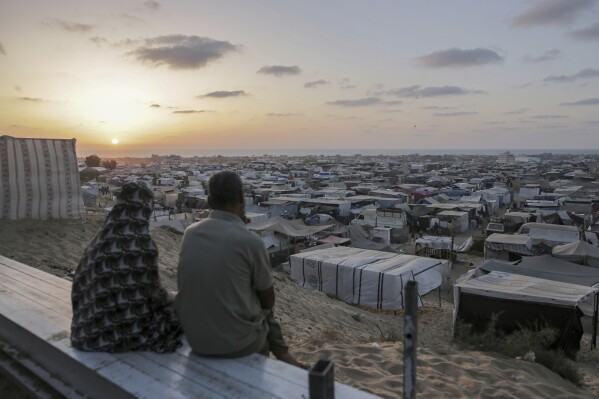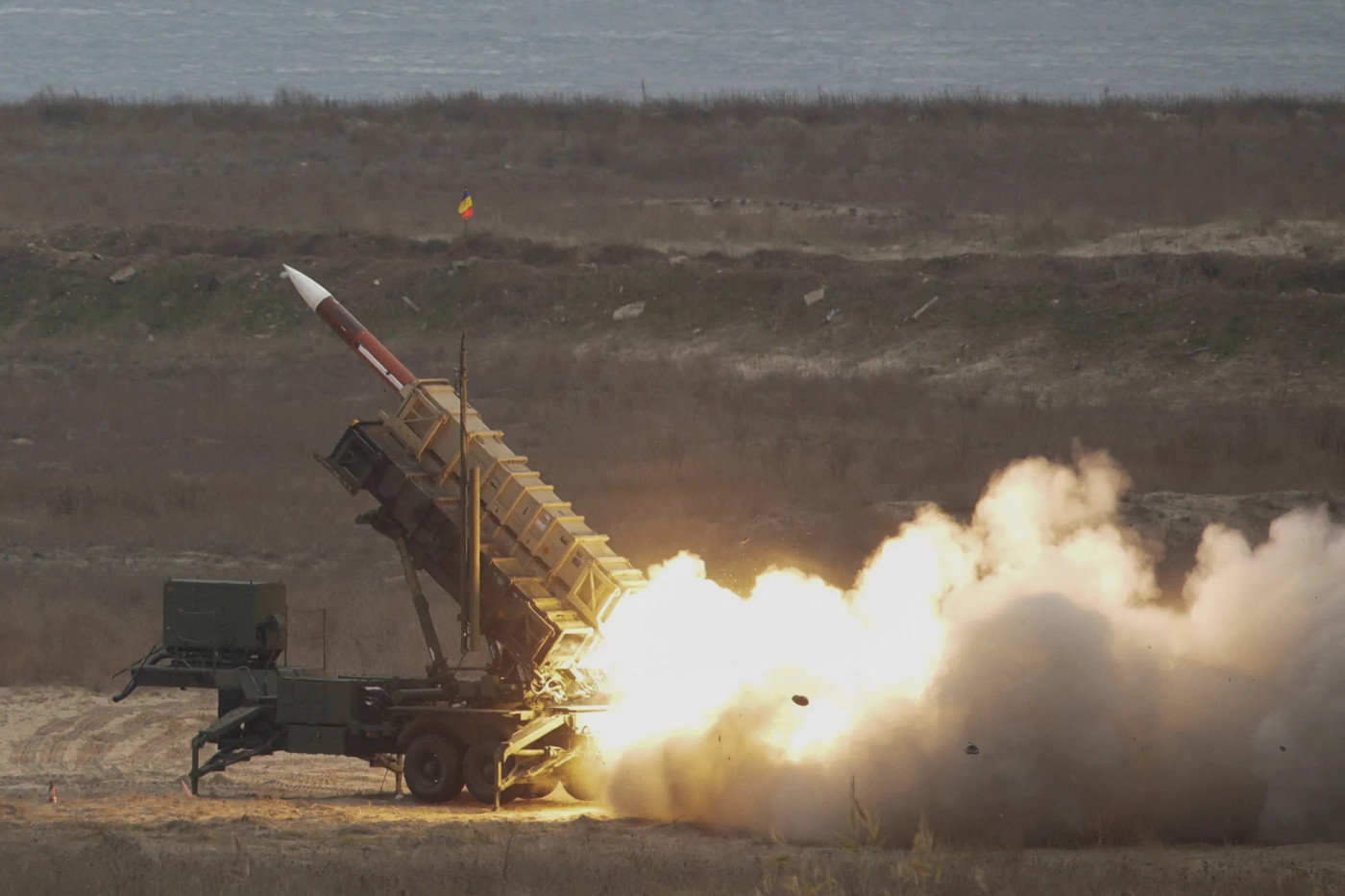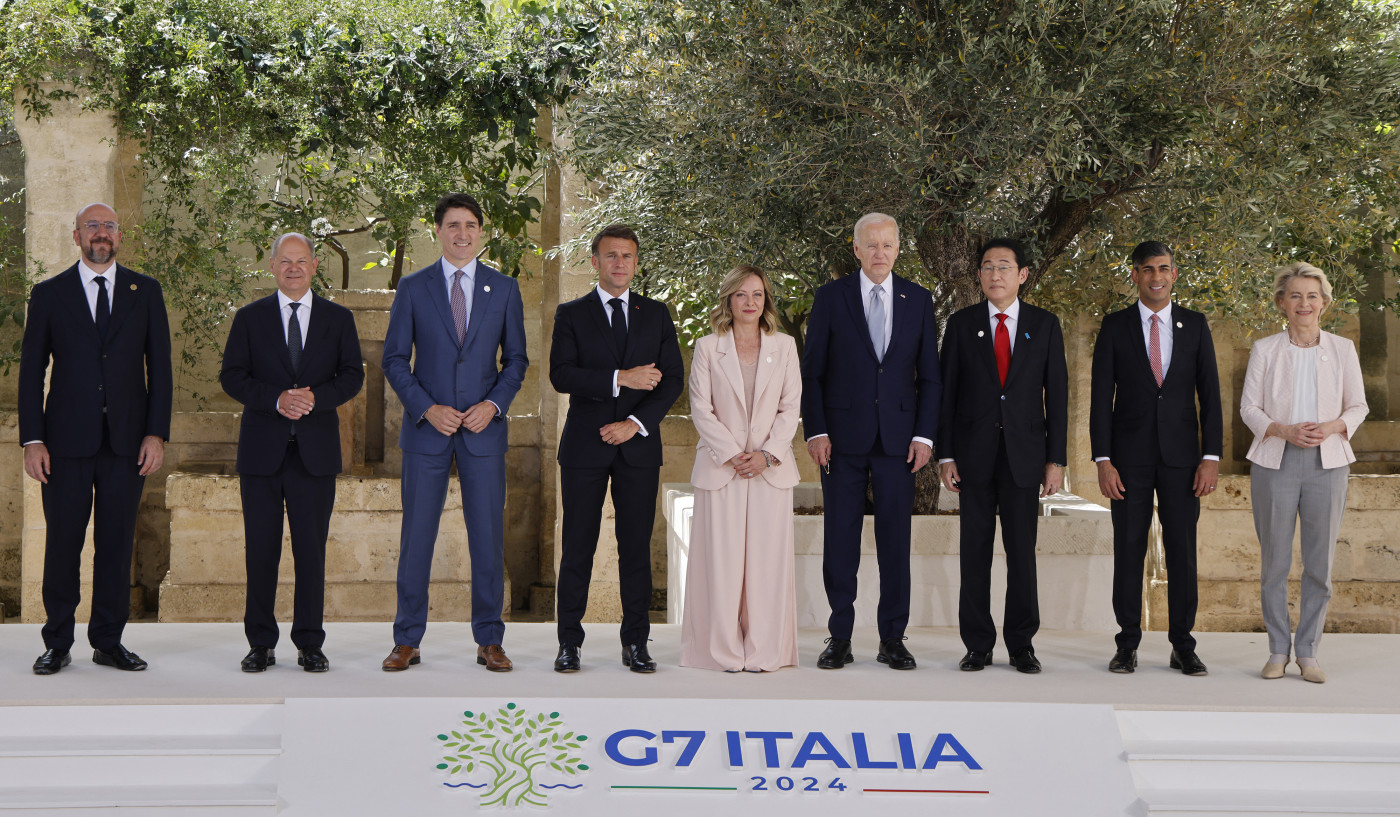North Korea Reveals Full Details of Kim-Putin Deal
The treaty signed Wednesday by Russian President Vladimir Putin and North Korean leader Kim Jong Un pledges mutual military assistance in the event of an attack, but some analysts say the pact may not be breaking new ground.
Kim and Putin touted the "Treaty on Comprehensive Strategic Partnership" as a breakthrough for Moscow-Pyongyang ties, according to North Korean state media. South Korean National Security Director Chang Ho Jin in a news conference expressed "grave concern" over the deal.
The treaty emerged against the backdrop of decades-high tensions between North and South Korea, further inflamed by North Korean troops' brief incursions into the Demilitarized Zone and the suspension of a 2018 North-South military accord meant to reduce the risk of conflict.
The document states that in the event of an invasion of Russia or North Korea, the "other party shall provide military and other assistance without delay by all means at its disposal in accordance with Article 51 of the U.N. Charter" and Russian and North Korean law. The partners would also coordinate on "possible practical measures to provide mutual assistance in the elimination of the threat," the document says.
"America, its friends and allies should of course be concerned over whatever new military commitments Putin and Kim signed and made to each other this week," Sean King, Asia scholar and senior vice president of New York-based consultancy Park Strategies, told Newsweek.
"But whatever's in any actual text, they're two autocrats who'll do what they want when and how they want to do it," he added. "It's not like they're not already supplying each other with arms and technology in either direction. This week's meeting may thus only be a case of further formalizing what we already suspected, feared, and knew."
Patrick Cronin, Asia-Pacific security chair at the Hudson Institute, told Newsweek the treaty's commitment to coordinate following a direct attack is "far short of" the automatic response mechanisms detailed in the NATO alliance or the U.S.'s commitments to treaty allies Japan and South Korea.
He added that the wording of Article 8 of the treaty in particular "suggests the two sides have given little serious thought to the defense mechanisms they might establish."
Article 8 pledges to develop "mechanisms for taking joint measures for the purpose of strengthening the defense capability to prevent war and to ensure regional and international peace and security."
"Even if their political will is genuine and their interests continue to intersect, meaningful alliance mechanisms will take time," Cronin said. "Moscow and Pyongyang are far from the late-1940s, for instance, when [leader of the then-Soviet Union Joseph] Stalin's general staff drew up [former North Korean leader] Kim Il Sung's war plans."
Kim and Putin will be "engaging in political warfare with a threat of more serious military cooperation going forward," Cronin said, adding that they could expect "stiff opposition from the United States and its allies but also quiet resistance from Beijing."
Newsweek reached out to the U.S. Department of Defense and the South Korean embassy in the U.S. via email outside of office hours.
China, considered North Korea's only true ally, has at times taken a different stance on issues deemed to threaten regional stability, including a rare joint statement last month Beijing made with Japan, and South Korea on North Korea's nuclear weapons program.
Asked by state media whether the treaty meant Russians could have to fight on behalf of North Koreans, Russian Foreign Minister Sergey Lavrov, who accompanied Putin to Pyongyang, responded: "If anyone doubts the legality of this clause, then they need to read it carefully.
The diplomat called it "purely a defensive position" and said only "those who are planning aggression" against either country could object.
The Russian foreign ministry and North Korean embassy in China did not immediately respond to written requests for comment.
The internationally isolated neighbors have been ramping up defense ties since Russia's 2022 invasion of Ukraine.
The U.S., South Korea, and other countries also suspect North Korea has been shipping munitions to Russia to replenish stocks depleted in the war, in exchange for technical assistance for North Korea's U.N.-sanctioned military and space programs. Pyongyang and Moscow have denied these claims.
The treaty also prohibits entering agreements with third parties or engaging in actions that "infringe on the sovereignty and security of the other party" or their "right to freely choose and develop political, social, economic and cultural systems."
Moscow has already been using its leverage to limit international actions against the Kim regime.
In March, Russia used its veto power to prevent the extension of a U.N. committee's mandate to oversee sanctions compliance on North Korea's nuclear weapons program.
Russia previously voted for related Security Council sanctions following Pyongyang's nuclear tests.
North Korea asserts that its nuclear program is essential for national security and last month rebuked the U.K., Germany, France, and other U.S. allies for sending naval forces on patrols to enforce the U.N. resolutions.
Disclaimer: The copyright of this article belongs to the original author. Reposting this article is solely for the purpose of information dissemination and does not constitute any investment advice. If there is any infringement, please contact us immediately. We will make corrections or deletions as necessary. Thank you.



